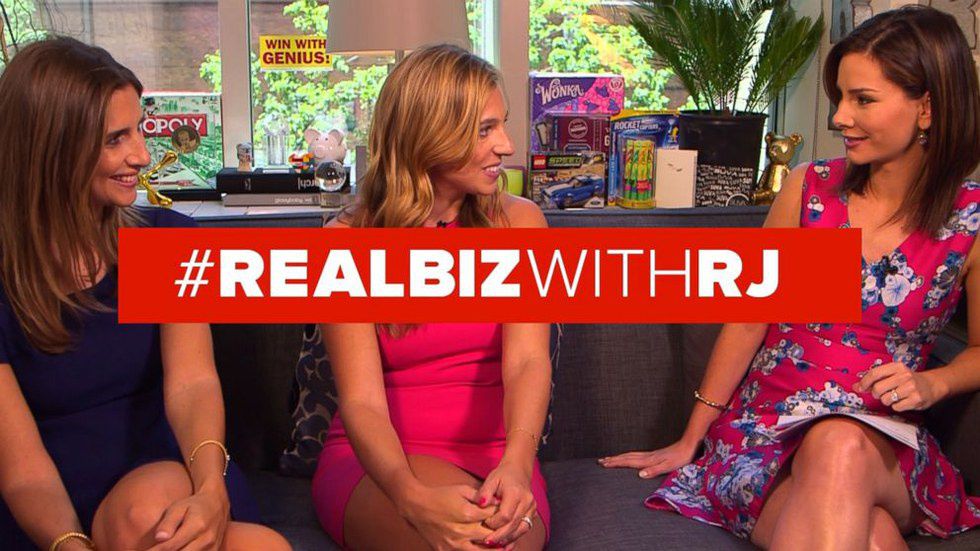National Public Radio has been revered for the last 46 years as the leading provider of quality and conversational news reporting. Beyond their radio feeds, NPR cultivates a culture where journalists and thought leaders can construct their own podcasts. NPR’s podcast, “Planet Money”, caught my eye this summer when I heard Ari Shapiro and David Green referencing it on “Morning Edition”. Honestly and shamefully, I admit that I don’t have the knowledge of finances that I need, so I decided to check it out.
So big picture, “Planet Money” is a podcast that tries to humanize economics for the average listener. The “Planet Money” team produces two podcasts every week and also constructs content for NPR’s news hours and online blog. One series in particular, “Oil”, really drew in my interest because I thought I wouldn’t just be learning about money, but also about oil’s impact on the world. Through five shows, “Planet Money” explained how they bought oil from a priest prospector in Oklahoma and tracked their oil as it was refined, sent through a pipe line, and eventually pumped as gasoline into someone’s car. From step to step, “Planet Money”, managed to depict the way oil in underground wells and shale fields ends up in the tanks of our cars. As newly seasoned oil men, “Planet Money” also explained the history of fracking and how oil has seeped into everything we use. With a running time just under two hours, the series was more educational than most of the classes I have taken in college.
The “Oil” series speaks to a larger story about how millennials are falling in love with podcasts. This past week, Ad Week posted an online article titled, “Why Recent Grads Are Breaking Up With Blogs in Favor of Podcasts”. One reason the author, Molly Folse, gave was that podcasts allow us to show a more personal side to our stories. This is especially true for those that invest in their own podcast shows. A show has the potential to cover any question and include many, many voices. And just like public relations professionals, millennials perceive themselves as storytellers.
This pattern isn’t just relevant to millennials but to all ages. And that’s because listening to a few podcasts every week is an easy way to stay informed or become more educated on topics that you may not have exposed yourself to. For instance, if you are passionate about liberal arts it may behoove you to dapple into business and economics. Although your profession may seem to not require an educational background in finance, we all know that everyday life has a funny way of intertwining once separate stories. So it only makes sense that we educate ourselves on something that we believe is too difficult to understand.
To that point, “Planet Money” is NPR’s version of explaining finances just as theSkimm illustrates the day’s top stories in their cohesive but spicy way. theSkimm and “Planet Money” don’t dumb down the world around us but instead cut out the jargon, giving us a business model that is both understandable and applicable. Business, finances, and the economy don’t have to be complicated. And “Planet Money” makes it its mission to declutter all the transactions and deals that go on around us.
Another example of how podcasts are replacing reading articles and listening to traditional radio, is Malcolm Gladwell’s Revisionist History. Malcolm Gladwell is a writer for The New Yorker and a New York Times bestselling author, having written such books as What The Dog Saw, Outliers, and Blink. Uniquely, Gladwell doesn’t write on a particular beat but rather discusses societal issues in a variety of fields. And now, his new podcast aims to give history another chance by revisiting events and people through a different lens. What may have been “accepted” as truthful a decade ago may meet new eyes as more information is unveiled and our outlook on life changes through current events.
Over the summer I had time to read Gladwell’s book, The Tipping Point. His ideas are forceful, stimulating and real. As a full-time student that also splits time at an off campus internship and extra-circular activities (too many to keep count!), I don’t have a lot of time to sit back and read. But while I am driving 45 minutes to work or walking around campus, I can still interact with Gladwell’s theories by listening to his podcast. Gladwell has said that, “There's a wonderful directness to the podcasts—that I can do it and put it up online and I can reach all my listeners. There's an immediacy to it that's incredibly appealing,”. And he is correct to state that podcasts are attractive because of their “immediacy”. As humans strive to become as efficient as possible, an educational lesson that can be made fun and keep time in our hands is an investment everyone should put their money on.
“Planet Money” is just one of many podcasts NPR hosts. In fact, their phone app dedicates an entire tab to all their podcast programs. While their traditional news programs include “Morning Edition” or “All Things Considered”, their best journalists have divided and conquered the developing podcast world. So when you are busy this year, whether as a student, a mother, or a working adult, make sure to also listen to NPR’s “TED Radio Hour”, “Pop Culture Happy Hour” and “Wait Wait…Don’t Tell Me!”.





 StableDiffusion
StableDiffusion StableDiffusion
StableDiffusion 10. Extra BlanketsJuwenin Home 100% Cotton Knitted Throw Blanket
10. Extra BlanketsJuwenin Home 100% Cotton Knitted Throw Blanket StableDiffusion
StableDiffusion StableDiffusion
StableDiffusion File:Kishlaru familie.jpg - Wikimedia Commons
File:Kishlaru familie.jpg - Wikimedia Commons Photo by Hanna Balan on Unsplash
Photo by Hanna Balan on Unsplash StableDiffusion
StableDiffusion black blue and yellow round illustrationPhoto by
black blue and yellow round illustrationPhoto by 

 woman holding glass jar
Photo by
woman holding glass jar
Photo by 


 Today I am
Today I am  Go to the gym
StableDiffusion
Go to the gym
StableDiffusion
 Listen to more music
Photo by
Listen to more music
Photo by  Have more patience
StableDiffusion
Have more patience
StableDiffusion









